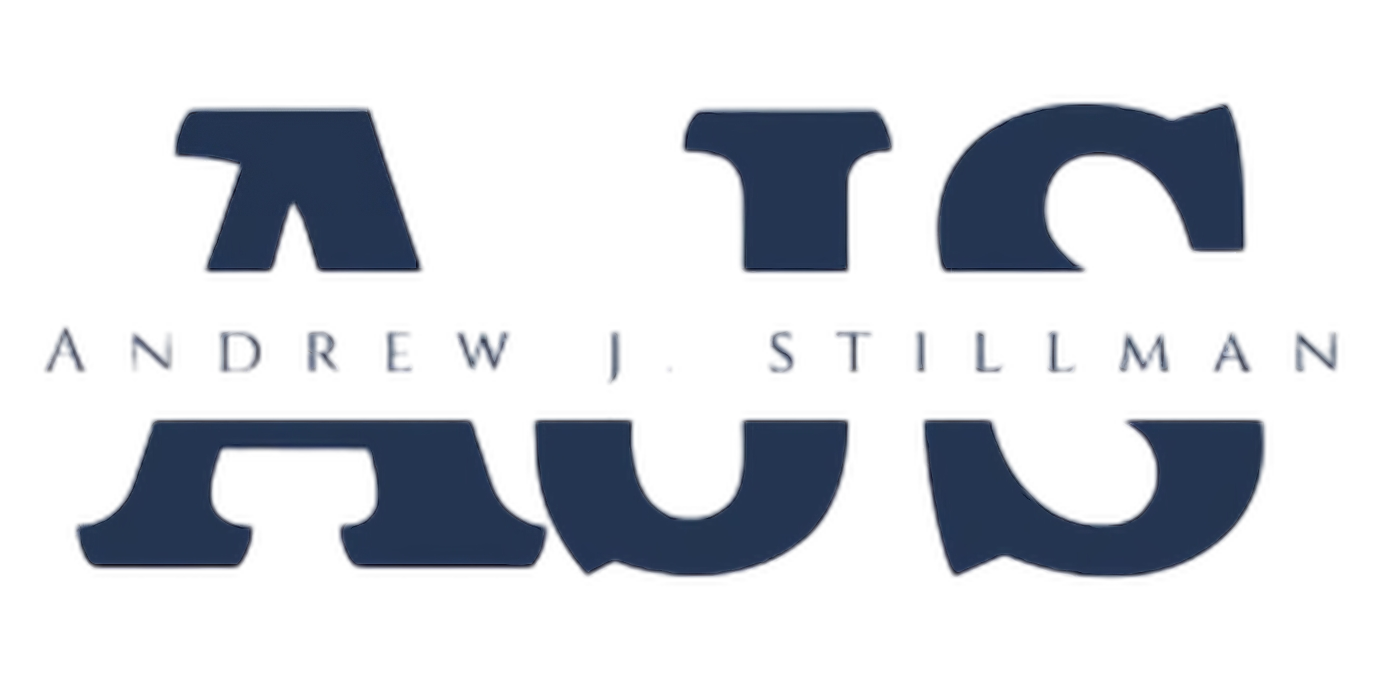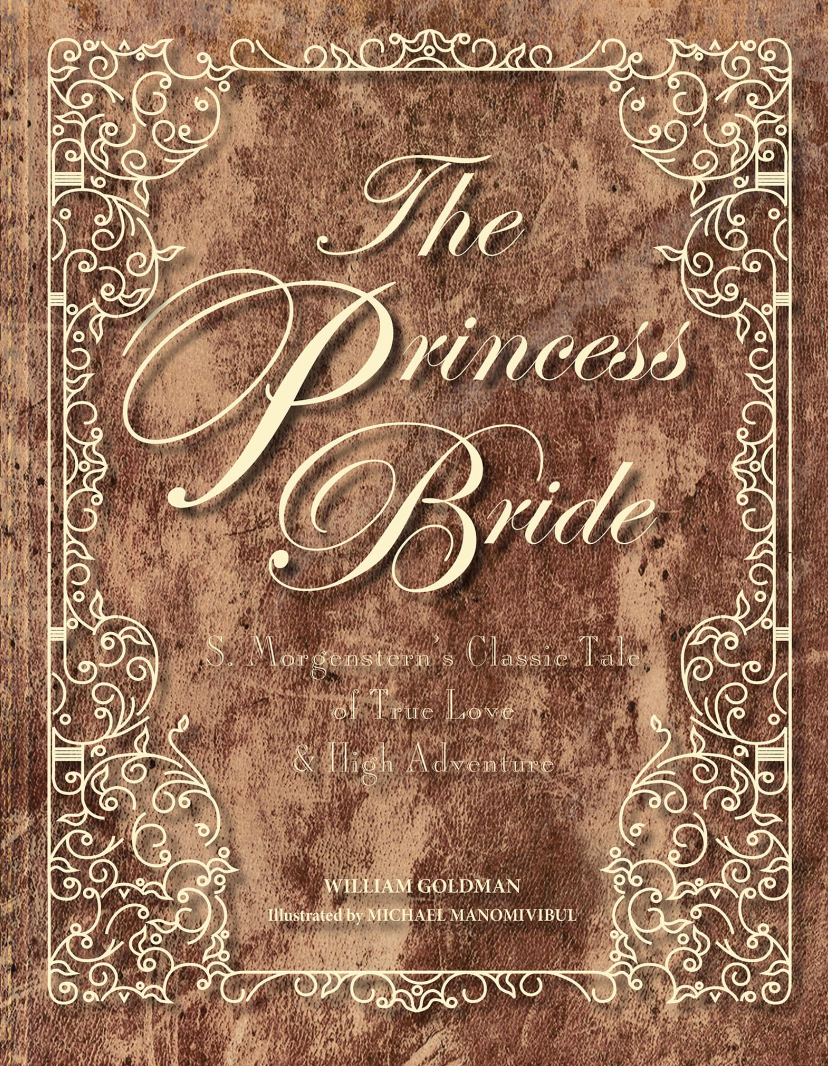The Princess Bride Book to Movie Comparison
Where do I even start with The Princess Bride by William Goldman?
Okay, I’ll start off by saying this is now my third book-to-movie comparison. The first, The Neverending Story, had a point for the book being better than the movie. The second, The Last Unicorn, came in at a tie, although I didn’t particularly enjoy either.
Now this, the third, The Princess Bride, goes to the movie.
Hands down.
The weirdest thing about how much worse the book is than the movie is the fact that the author wrote both. Same as with The Last Unicorn, which basically translated as a direct transcript from book to film.
So where did Mr. Goldman go wrong in the story?
I should back up a bit.
First of all, I should say that I didn’t hate the book. It’s just that it’s overly meta, but the meta factors are also fictional, and it just becomes a headache after a while.
In the movie, at the beginning, we meet the sick boy who’s into video games and doesn’t want to hear a story called The Princess Bride by S. Morgenstern.
In the book, there’s an entire introduction about how William Goldman, the author, went through something similar as a child. That his father had read him “The Princess Bride by S. Morgenstern” and how he had given the book to his child to read, but his son didn’t like it.
The thing is: S. Morgenstern is not a real author, and The Princess Bride was not a book before William Goldman put it into existence. Additionally, “Gilder” and “Florin” and all of the locations that are mentioned throughout the book also do not exist, but are written in a way that they supposedly do. It kind of worked at first, and it was funny at the beginning, but it got old. Fast.
And besides, the entire rest of the introduction by William Goldman goes over the “unnecessary detail” as put in by “S. Morgenstern” that “made The Princess Bride a bit of a dull read.”
I’m paraphrasing here, since that introduction is 30 pages long.
The introduction also taught me that William Goldman penned the screenplay for The Stepford Wives, which was what he was working on when he began the “adaptation” of The Princess Bride.
During the introduction, okay, this was actually pretty funny and engaging with how it was written. I’d done this as a buddy read, and we both enjoyed the humor at the start. The bits and pieces of this introduction that were used in the movie — namely, the “get-to-the-point” of the dad/granddad figure reading to a reluctant child — were well chosen.
In fact, The Princess Bride movie had all of the best parts of the book.
In the way that William Goldman described “S. Morgenstern’s” “unnecessary information,” I feel like the movie just cut out all the fat. Like, it left out all the right parts because everything else just felt like so much fluff.
Outside of the introduction, William Goldman, as the author, “pops in”… almost every other page, it feels like, by the end. Not like in the movie where every so often the kid will react to something from the book and there’s a brief little interaction between he and his grandfather.
William “as a child” reminisces about some of that, but he comes in so frequently about all of the things that “S. Morgenstern” had “originally had” and all of the things he’d “changed” to “make it better” that I just felt my eyes starting to cross before we’d even hit halfway.
Chapter Four is literally one page — six paragraphs — about all of the things that “William Goldman” was “cutting out from S. Morgenstern’s edition” because he’s writing “the ‘good parts’ version” and the “original” chapter four was “the longest single chapter in the book.” That chapter was also supposedly filled with “so much detail” that was just “unnecessary.”
And yet, William Goldman never realized his work wasn’t any better or less “extraneous” than “S. Morgenstern’s.”
The six-paragraph that was “the good stuff” from the “original” Chapter Four is then followed by, obviously, Chapter Five — the longest chapter in this book, coming in at a whopping 110 pages.
Which is basically the exact same length as “Chapter Four” that William Goldman “cleaned up.”
The number of times the author “popped in” with his thoughts became the biggest reason I gave this book a 3/5. It was honestly too much by the end, especially for the fact that the “original book” is not an actual thing, so it became so ridiculously redundant by the end that I actually started to get physically annoyed.
I’m all for pretending that Gilder and the “history” presented in the book are real. I’m just over the comparisons to a non-existent book and how much “better” this “cleaned up” version is. It became the tiniest bit narcissistic, since Goldman just flaunts his own talents throughout the entire thing. All of this is then made worse as he peppers in with some thoughts on how he, as the author, was a better screenwriter than novelist.
Which I totally agree with, considering he penned this screenplay. He also penned Misery, which is one of the best book adaptations out there.
And how did I know he penned the Misery screenplay?
Because he told me, in a fictionalized section at the end of the book that took up 50 pages of him explaining how Stephen King is also from Gilder and how he was supposed to write some sequel to the book and how William Goldman needed his permission to carry on the legacy.
Or something.
I was too cross-eyed by this point to really pay that much attention to all of this obnoxious fluff.
The story itself ended just before page 300 of a book a little over 400 pages.
The last 100 pages of the book totally tanks the story.
Like.
Tanks.
Hard.
I skim-read the actual last 40-page chapter, and I don’t think I missed much.
What I did like about this book was some more backstory on the characters, especially with Inigo. His section of the book talking about his dad and the making of the sword that ended up having the six figured man kill his father was so good. The actual highlight of the book for me.
I haven’t really even said anything about the movie, yet.
To me, the movie is a classic. I can still watch it and love almost every minute. I do believe that the movie represents what the author was trying to capture in the book. It’s just that, in the end, I think Goldman was right in saying he’s a better screenwriter.
I also prefer the relationship with Buttercup and Wesley in the movie over the book, as well. They’re a bit more abrasive and a lot meaner to each other in the book. In the book, Wesley even actually slaps Buttercup across the face. The dynamic of their relationship in the book just doesn’t work as well. It doesn’t make as much sense for them to, like, fight over each other the way they do when it comes across so heavily sometimes of them just fighting with each other. Or perhaps it’s just more about them fighting because they want to be together and they just sort of can’t, but it doesn’t work for me the way it’s done in the book.
And I’m so sad!
Because the parts of the book that are good are really, really good. And the anniversary edition I have is just stunning, with incredible artwork that really is the only reason I don’t regret purchasing this book.
But this one goes to the movie.
All.
The.
Way.
If I didn’t have this beautiful edition of the book, I’d just get rid of it. I doubt I’ll ever make an attempt to read it again.
Perhaps, however, I’ll go through and do what Goldman wanted to — pick out the good parts and make it a better read.
And, also:
Sorry for the salt if you did like this book. I don’t usually rant about books, but it is what it is on this one. I feel less bad about disliking the book since the author also wrote the much-better screenplay.

